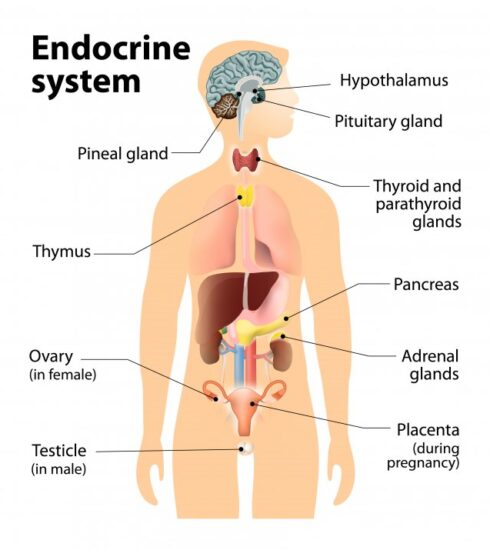Asthmatic? Surviving Asthma In Lagos
Asthma is a chronic respiratory condition that affects millions of people worldwide. It is a common condition that causes inflammation and narrowing of the airways, making it difficult for air to flow in and out of the lungs. Asthma can be mild or severe, with symptoms ranging from occasional wheezing to life-threatening attacks.

CAUSES OF ASTHMA
The exact causes of asthma are not fully understood, but several factors are known to increase the risk of developing the condition. Genetics play a role in the development of asthma, as it tends to run in families. Exposure to certain environmental factors such as pollution, cigarette smoke, and allergens can also trigger asthma.
Respiratory infections, stress, and exercise can also trigger asthma attacks.
SYMPTOMS OF ASTHMA
The symptoms of asthma can vary from person to person and can be mild or severe. Common symptoms include wheezing, coughing, chest tightness, and shortness of breath. Symptoms can be worse at night or early in the morning and can be triggered by exercise, allergies, or exposure to irritants such as cigarette smoke.
DIAGNOSIS OF ASTHMA
If you are experiencing symptoms of asthma, it is important to see a doctor for an accurate diagnosis. Your doctor will likely perform a physical exam and may recommend tests such as spirometry, which measures how much air you can exhale in one breath, and a peak flow meter, which measures how quickly you can exhale air.
TREATMENT OF ASTHMA
While there is no cure for asthma, there are several treatment options available that can help manage symptoms and improve quality of life. The most common treatments include:
1. INHALERS – Inhalers are the most common asthma treatment and are used to deliver medication directly to the lungs. There are two types of inhalers – rescue inhalers, used to treat acute symptoms, and controller inhalers, used to prevent symptoms from occurring.
2. ALLERGY MEDICATIONS – If allergies trigger your asthma, your doctor may recommend allergy medications such as antihistamines or decongestants.
3. IMMUNOTHERAPY – Immunotherapy, also known as allergy shots, can help desensitize your body to allergens, reducing the severity of asthma symptoms.
4. LIFESTYLE CHANGES – Making certain lifestyle changes can also help manage asthma symptoms. These may include avoiding triggers such as cigarette smoke or allergens, maintaining a healthy weight, and exercising regularly.

MANAGING ASTHMA
Managing asthma can be challenging, but with the right treatment plan and lifestyle changes, it is possible to live a full and active life with asthma. It is important to work closely with your doctor to develop an effective treatment plan that works for you and to monitor your symptoms closely so that you can adjust your treatment as needed.
In conclusion, asthma is a common chronic respiratory condition that can be managed with the right treatment plan and lifestyle changes, especially in a dusty environment like Lagos. By understanding the causes and symptoms of asthma and working closely with your doctor, you can effectively manage your symptoms and improve your quality of life.
Self-identifies as a middle child between millennials and the gen Z, began writing as a 14 year-old. Born and raised in Lagos where he would go on to obtain a degree in the University of Lagos, he mainly draws inspiration from societal issues and the ills within. His "live and let live" mantra shapes his thought process as he writes about lifestyle from a place of empathy and emotional intelligence. When he is not writing, he is very invested in football and sociopolitical commentary on social media.






